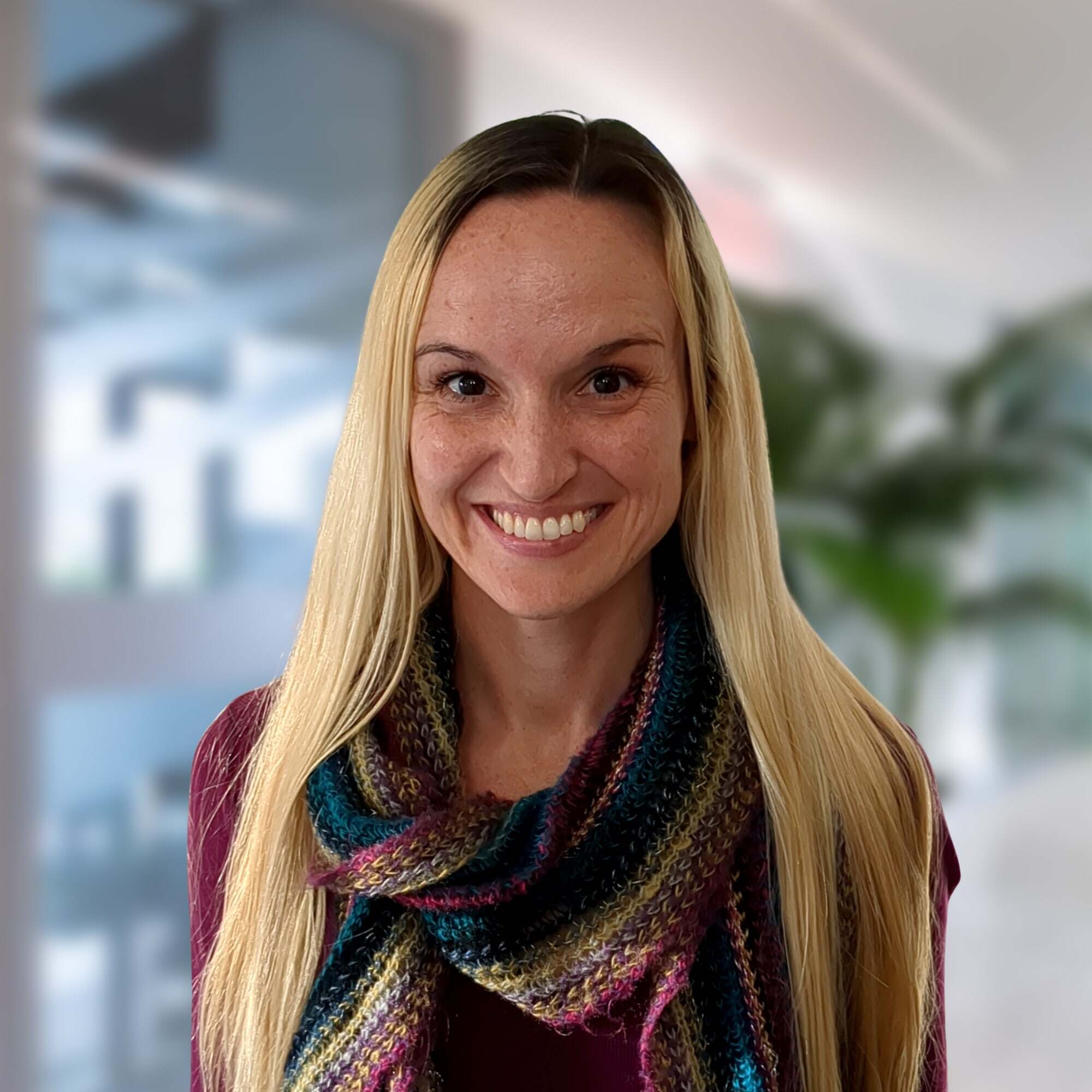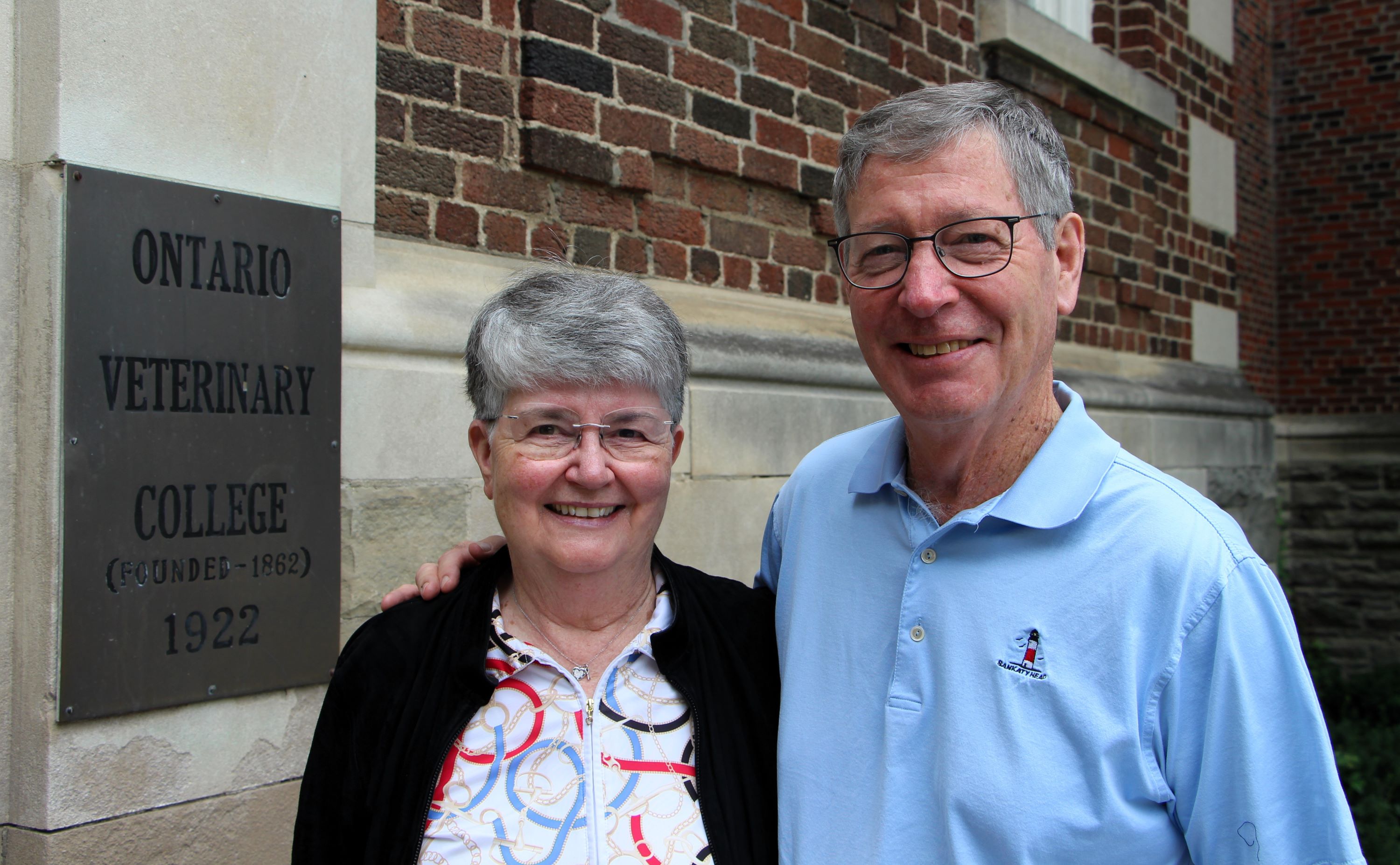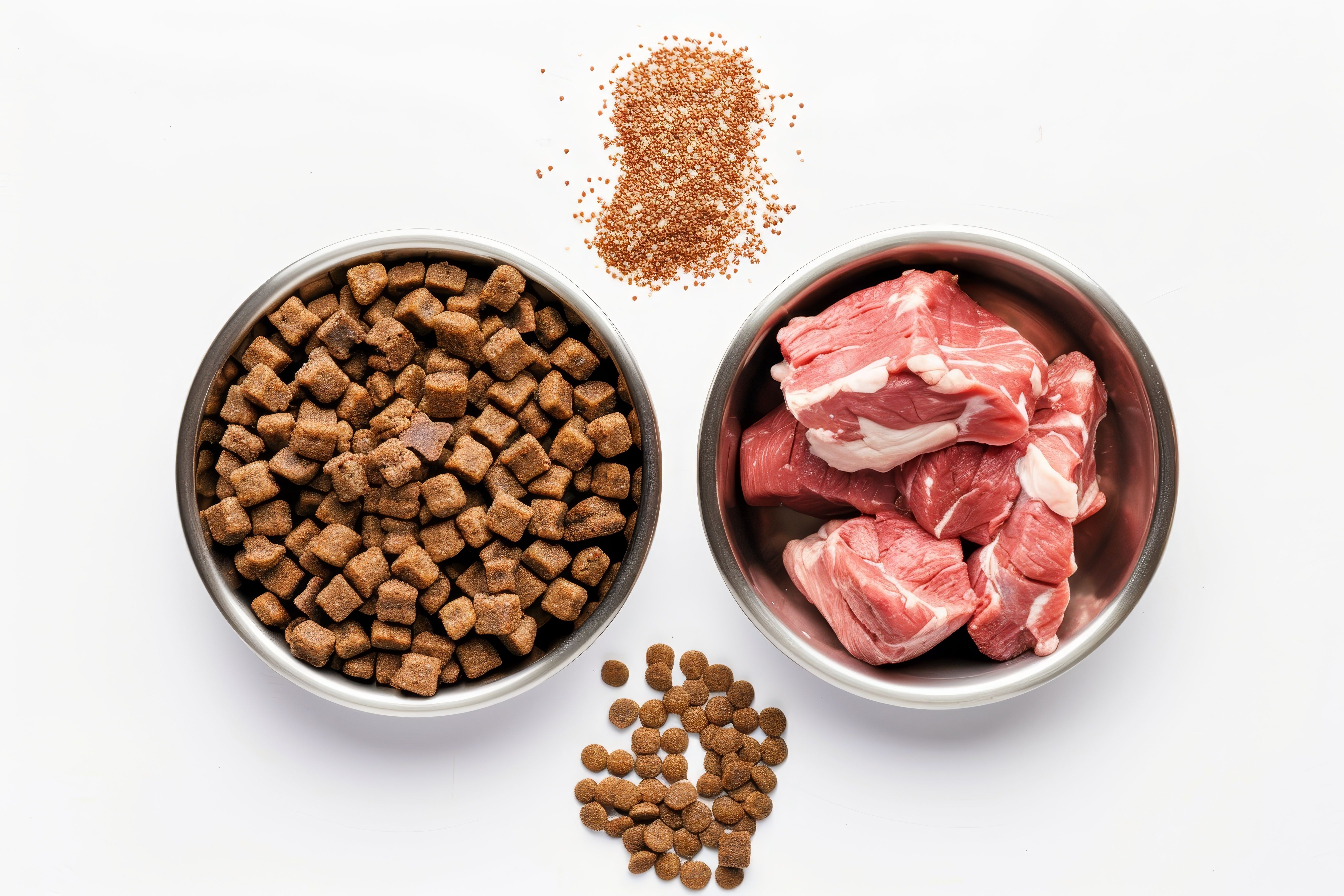Hello 👋
Welcome back to another edition of Weekend Rounds!
We missed you last week and owe you a bit of a catch up. Lots has happened in the world.
But first, if you’re not sure what to listen to on your morning commute this week, may we suggest “The Good Whale” a podcast from NYT and Serial about Keiko the star of Free Willy. Since we are pretty sure you wanted to be a marine biologist and settled for veterinarian we think this will be right up your alley. The first episode drops November 14, but you can check out the trailer today.
Here’s what we’re covering:
⚕ Around the profession
🗳 Proposition 129 passes.. so what now?
🩻 Radiology case of the week
🚀 Quick hits
⚕
Around the Profession
Pet cloning is on the rise, with thousands of owners opting to replicate their beloved animals. A customer service manager at a leading cloning company guides clients through the emotional journey—from preserving tissue samples to welcoming the cloned pet. The process involves extracting viable cells within five days post-mortem, cultivating them, and creating embryos for implantation into surrogate animals. While clones share genetic material with the original pets, their personalities may differ due to unique life experiences. The service, costing around $50,000, appeals to a diverse clientele, including celebrities and everyday pet lovers, many of whom keep the cloning confidential to avoid criticism. (Wired)
Canada's Competition Bureau is advocating for increased accessibility and affordability of pet medications. The bureau suggests that pet owners should have the freedom to fill prescriptions at any pharmacy, not just through veterinarians. This recommendation aims to enhance competition and reduce costs, as current regulations vary across provinces, with some restricting pharmacists from dispensing pet medications. The bureau also highlights concerns over exclusive distribution practices between pharmaceutical manufacturers and veterinarians, which may limit consumer options. Implementing these changes could provide pet owners with more choices and potentially lower expenses for their pets' healthcare needs. (CBC)
The 2024 AAHA Community Care Guidelines emphasize a family-centered approach in veterinary medicine, aiming to enhance access to care and alleviate moral distress among veterinary professionals. This model shifts the focus from the veterinarian to the patient and their family, acknowledging barriers clients may face and fostering collaboration with community resources. By integrating family-centered care, practices can offer a spectrum of care options, ensuring that financial constraints do not impede the provision of necessary services. This approach not only benefits pets and their owners but also supports veterinary teams and the broader community. (AAHA)
AAHA has also updated its guidelines to classify the leptospirosis vaccine as a core vaccination for all dogs, regardless of breed or lifestyle. This change reflects the increasing prevalence of leptospirosis, a zoonotic disease that poses risks to both canine and human health. The AAHA emphasizes that any dog spending time outdoors, whether in urban or rural settings, can be exposed to leptospirosis. Advancements in vaccine safety have also addressed previous concerns about adverse reactions. This update aligns with recommendations from the American College of Veterinary Internal Medicine (ACVIM) and the World Small Animal Veterinary Association (WSAVA), underscoring the importance of widespread vaccination to protect both dogs and humans. (AAHA)
The American Veterinary Medical Association (AVMA) reports that the salary gap between new veterinary graduates and experienced practitioners is narrowing. In 2023, the mean starting salary for new veterinarians entering full-time employment reached $124,295, while the overall mean salary for veterinarians was $139,000. This trend is attributed to increased demand for veterinary services, leading to higher starting salaries for new graduates. Additionally, the mean educational debt for 2023 graduates was $154,451, resulting in a debt-to-income ratio of 1.3:1, the lowest since 2004. These developments suggest a positive shift in the financial landscape for new veterinarians. (AVMA)
🗳
Prop 129 Passed - What now?
Last edition we told you all about Proposition 129 in Colorado. This time, post election we are here to let you know that, Colorado voters have approved the ballot measure. Lisa Wogan of VIN News Service reported this week on the outcome and future directions of the VPA.
Touted as the solution to the state’s veterinary shortage, especially in rural areas, the measure lacks clear definitions, leaving the scope of practice and training requirements to be figured out later. In other words, Colorado voted yes on something that's still a work-in-progress, with more questions than answers.
Critics have called out the measure as a shortcut that could compromise animal care. One of the most interesting aspects of VIN’s reporting is the results of a Veterinary Management Group (VMG) survey of its members which showed 45% extremely negative and 27% somewhat negative view on the proposal.
Unlike veterinary technicians—who are battling to standardize their credentials—the VPA role is starting off with zero national oversight. It’s like throwing a Hail Mary pass in a game where no one knows the rules. The Colorado Veterinary Medical Board is now tasked with setting up licensing and credentialing standards.
The position will require a Master’s degree in veterinary clinical care from Colorado State University (CSU). But the AVMA (a strong opponent of the proposition), and others aren’t impressed with the curriculum, calling it too thin for such a high-stakes role. Meanwhile, CSU is rushing to seat its first class next fall, despite ongoing critiques.
Nationally, the Coalition for the Veterinary Professional Associate (CVPA) is working on a credentialing process, even approaching organizations outside traditional veterinary circles to step in.
Ultimately this result has likely opened the gate for multiple VPA positions across the US. As VIN reports, with this win the Florida legislature is likely to reinvigorate a previously stalled bill to codify the VPA.
Separately, in California, voters in Sonoma County rejected Measure J, which sought to ban large-scale livestock operations. The defeat reflects concerns from local farmers over potential economic impacts, as they argued the measure would harm agricultural productivity and jobs in the region. Similarly, voters in Denver rejected a slaughterhouse ban.
The Reading Room
Last time in the Reading Room we looked at a case of a dog with a dilated stomach and we asked you to vote on the cause. The answer might surprise you as this was a GDV despite not having any evidence of compartmentalization. If you’re not sure why, be sure to check out the entire case review below:
This week we are looking at a 7 yr old domestic short hair presenting for lameness and swelling of the left thoracic limb.
Based on the image below what do you think is the most likely cause?

Oblique craniocaudal projection of the left antebrachium in a cat presenting for lameness and swelling.
🚀
Quick Hits
Here are some of the other stories that caught our eye and we're following this week from around the veterinary world and animal kingdom:









